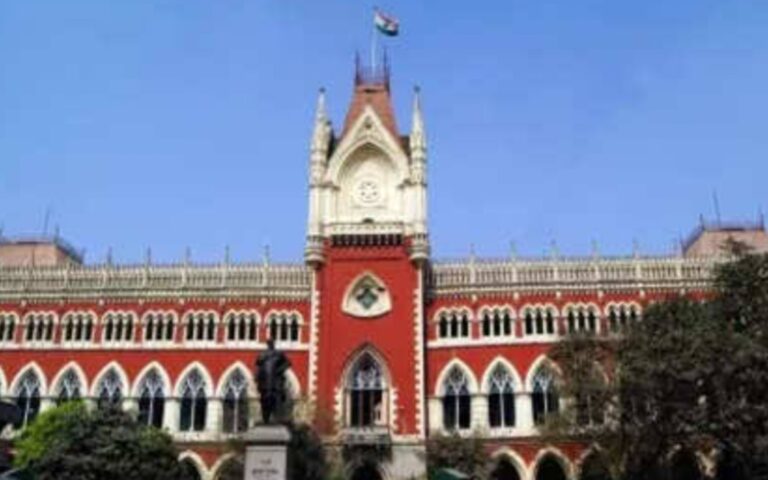This court ruling reinforces the principle that penalties under GST must be based on clear evidence of tax evasion, not just procedural deviations like route changes.
In a significant judgment, the Calcutta High Court has held that mere deviation from the prescribed route in an e-way bill cannot be a ground for imposing a penalty under Section 129 of the West Bengal GST Act, 2017, in the absence of any tax evasion.
Case Overview: Shekhar Kumar @ Shekhar Bagaria vs State of West Bengal & Ors.
The case arose when tax authorities intercepted a goods-laden vehicle at Sitaguri on May 17, 2024. The driver was unable to present a physical tax invoice, and the officials alleged that the vehicle deviated from the declared route as per the e-way bill. Based on these grounds, a penalty was imposed under Section 129, which was subsequently upheld by the appellate authority on January 16, 2025.
Also Read: Delhi High Court Rules: No Section 69C Addition for Cash Purchases Duly Recorded in Books
Petitioner’s Argument
The petitioner challenged the penalty order, asserting the following key points:
-
Section 138A of the GST Rules allows for electronic presentation of tax documents, eliminating the need for a physical copy in certain situations.
-
There was no evidence of tax evasion or any discrepancies in the goods or documents.
-
Valid e-way bill was available, and goods were consistent with the declared details.
-
Courts including the Karnataka and Allahabad High Courts have ruled that route deviation alone does not constitute grounds for invoking Section 129 unless tax evasion is evident.
High Court’s Findings
The Calcutta High Court carefully examined the applicable GST laws and relevant judicial precedents. The Court observed:
-
A valid e-way bill was present and no tax irregularities were found.
-
No statutory provision mandates the declaration of a specific transport route under the GST regime.
-
Mere deviation from the declared route, without any intention to evade tax, cannot justify penalty under Section 129.
Also Read: Foreign Exchange Compounding Proceedings Rules: 2024 vs 2002
Judgment and Directions
The Court set aside the penalty orders passed by the adjudicating and appellate authorities. It allowed the writ petition and directed that:
-
The petitioner may apply for a refund of the penalty amount already paid.
-
Upon such application, the tax authorities must process the refund within three weeks.
-
No costs were imposed, and the issuance of certified copies was permitted upon formal request.
Key Takeaway
This ruling reinforces the principle that penalties under GST must be based on clear evidence of tax evasion, not just procedural deviations like route changes. Businesses and transporters can rely on this judgment to challenge arbitrary penalties where the e-way bill and tax compliance are in order.
READ MORE
AO Cannot Issue Reassessment Notice Without Specifying Bank Name: Rajasthan HC Ruling
